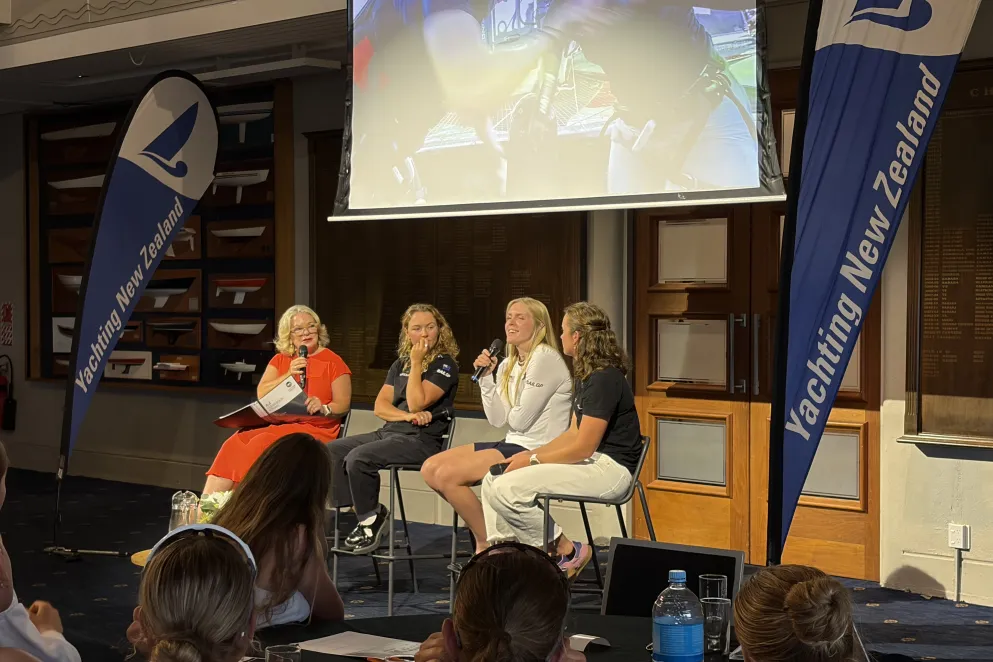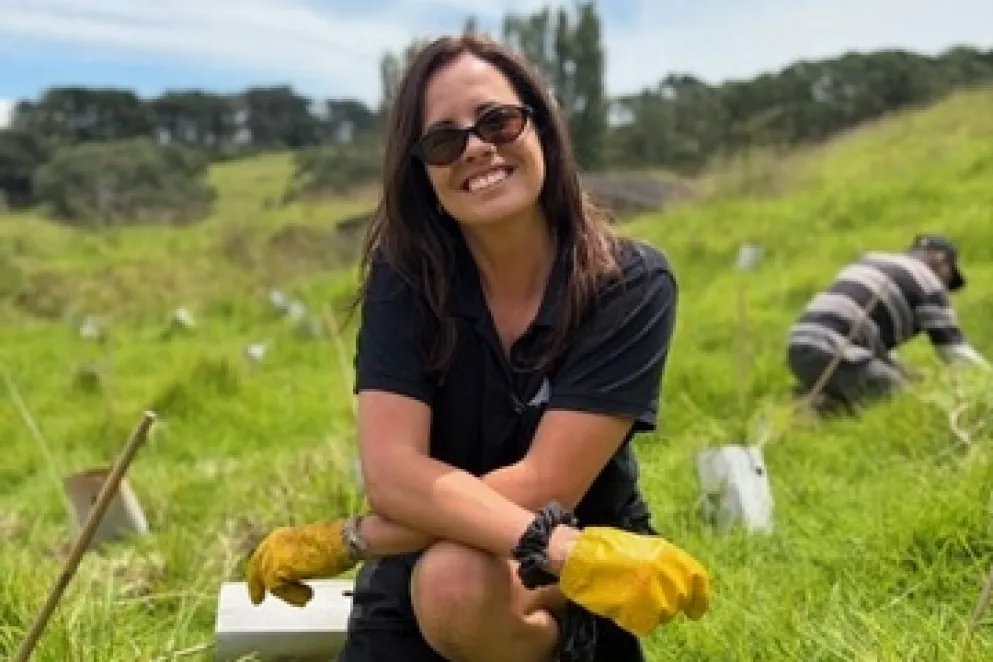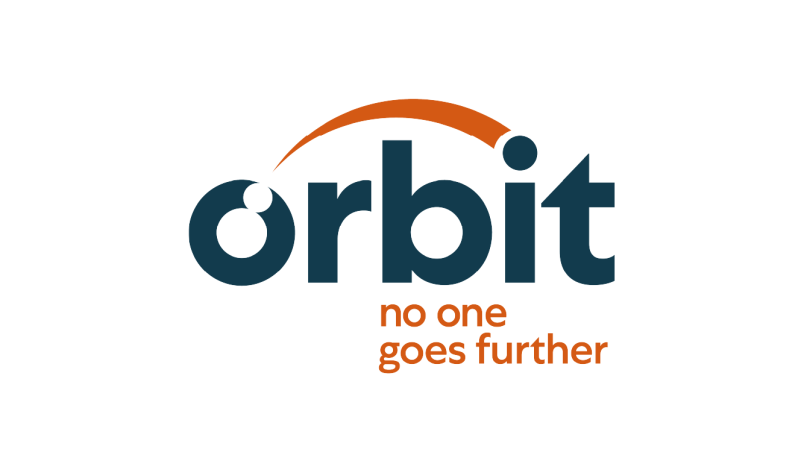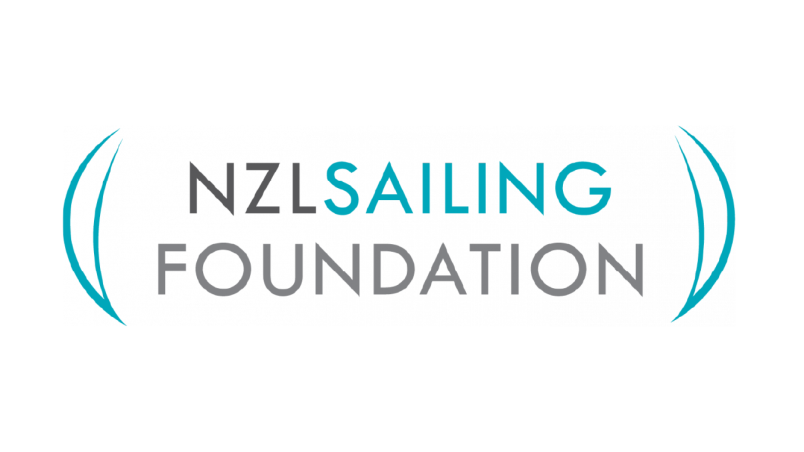Quality coaching at its finest
Quality Coaching At Its Finest: 18 Lessons from USA Surfing’s Joey Buran to Bring in the New Year
Nadine Dubina
USOC Coach Development
January 1, 2018 Over the past few years, I have come to recognize the importance of reflection as a way to celebrate the strengths and successes that I have experienced as well as draw out the lessons from my failures and misfortunes. Now that 2017 has drawn to a close, I think it is especially important to look back at the journey of the past year, and to highlight the moments that stand out the most.
One of these moments from 2017 doesn’t have to do specifically with my journey, but of one that was shared with me, from a fellow coach. This coach not only exemplifies our definition of quality coaching, but he brings our recently published Quality Coaching Framework (2017) to life.
This coach is USA Surfing’s Joey Buran, coach of the Junior National Surfing Team. Joey and I spoke on the phone after his team had their most dominant performance on a world stage thus far. In the history of the championships, the US has only won a medal twice, in 1984 and in 2015 (with home water advantage). At the ISA World Junior Surfing Championships held in Hyuga, Japan this past October, his team brought home 5 individual medals (1 gold, 2 silver, 1 bronze and 1 copper). More importantly, at the only team competition for the year, Team USA won gold, making every athlete a world champion and earning bragging rights for the next year to come.
Here are 18 lessons that I drew out of our conversation that every coach can take and work on implementing in the new year.
1. Focus on what’s in your control. Even when a typhoon hits the shores a week before your competition, and missiles are being shot over the host country, keep your head down and focus on bringing your best self to the competition.
2. Sometimes your best team is the ones who have put in the work. They might not be your all stars, but they’ve earned their spot through hard work, consistency and grit.
3. Get your swag on. When Japan is known for being technically perfect, and the French are reigning world champs, what did Team USA have to offer? American swag, confidence based on preparation and trust in abilities.
4. Engage to disengage. Catch little things early and address them before they become big problems. Show vulnerability and your athletes will reciprocate.
5. Come up with as many motivational sayings and analogies as you can. Throw everything at the wall and see what sticks. For this team, they ‘sealed the fruit’!
6. Meet your athletes where they are, not where you want them to be. Be a mentor who walks with them, guiding them through the process, and you’ll both arrive together.
7. When an athlete loses or is eliminated, find another way to engage them. Assign them a task, give them a role. Anything to keep them feeling as if they are contributing to and are still part of the team.
8. Organized chaos can be a good thing. With a bit of guidance and some faith, the ending might just turn out beautiful.
9. Think positively no matter what. Practice this at all times – in the car, at breakfast, before a wave. Catch each other in positivity.
10. Have a ‘fear no one, respect everyone’ mindset. When others try to get in your athletes’ heads, let them know that the best revenge is performing your best on a wave with your jersey on.
11. Extreme level sport requires risk – you cant be too mechanical. Encourage your athletes to forget being safe and let it rip. The same goes for your coaching. Coach from a place of strength, not fear.
12. Create the environment where everyone can be their best selves. Spend the time to build team trust so they know that they won’t be punished if they make mistakes. Instead, you’ll work through them together to continually get better.
13. Train how you want to compete. The JV team was able to beat other countries because we ‘train instinct’. Savvy, situation strategy is part of the culture.
14. Keep your coaching instruction simple and clear. Don’t give your athletes too much information.
15. Have real conversations. Get to know your athletes – their likes and dislikes, what their pets names are and what they do outside of their sport. Show that you care about them, not just them as an athlete.
16. Eliminate as many distractions as possible. Build trust within your organization and with your parents. This way, if you need to ask parents to not travel with their athlete, they respect this.
17. Provide incremental freedom to your athletes. When they earn your trust and more responsibility, don’t be afraid to give it to them.
18. No one is above the team. The star of the team is the team. When everyone is working together towards a common goal, everyone gets to come home a champion.
Congratulations to Coach Buran and all of Team USA Surfing on their accomplishments in 2017. For me, this was a conversation that I will continue to reference and use examples from for years to come. When we share ideas, principles and practices across disciplines, across sports, and across countries in an effort to raise our profession, we all win. Social Media: -Visit USA Surfing’s website here. -Follow USA Surfing on Facebook @USASurfing, Instagram @usasurfing and Twitter @usasurfteam. -Follow Joey Buran on Facebook @officialjoeyburan, Instagram @joey.buran and Twitter @joeyburan.
















